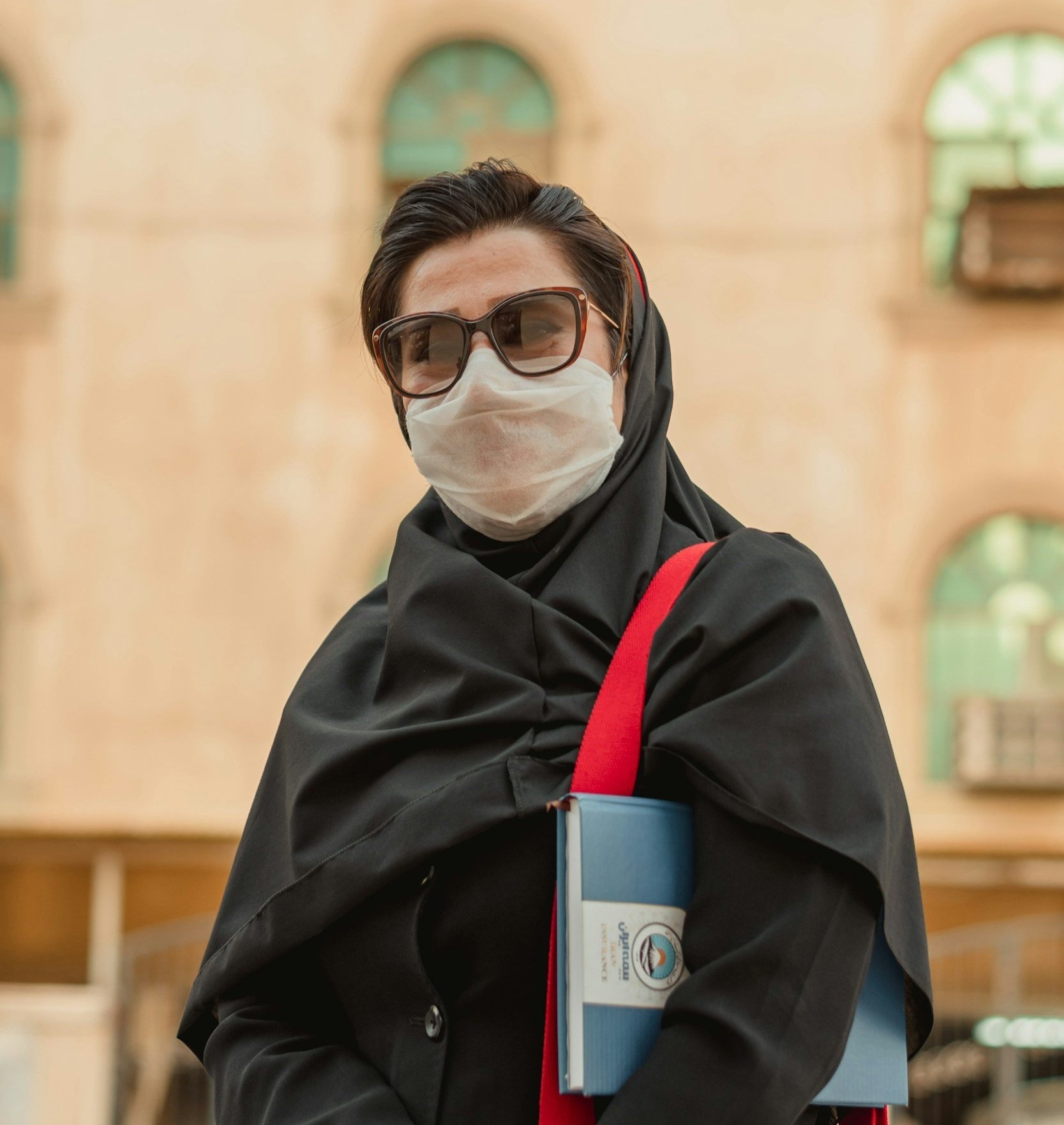Kazakhstan's "Carpet CCTV" Initiative Transforms Urban Safety with Advanced AI Technology
Image Credit: Lianhao Qu | Splash
In an era where urban safety is increasingly reliant on technological advancements, Kazakhstan’s Ministry of Internal Affairs has emerged as a pioneer with its innovative “Carpet CCTV” project. This ambitious program integrates an extensive surveillance network with sophisticated analytics and artificial intelligence, shifting the paradigm from reactive law enforcement to proactive prevention.
[Read More: The Future of Surveillance: Argentina's AI Crime Prediction Raises Alarms]
Expanding Surveillance Infrastructure
Over the past four years, Kazakhstan has significantly expanded its surveillance capabilities. The number of CCTV cameras in the country has surged from 40,500 to an impressive 1.3 million, with 313,000 cameras now directly accessible to police forces. These cameras are strategically deployed across key urban and rural areas, enhancing the ability of law enforcement agencies to monitor and manage public spaces effectively. This expansion has not only increased visibility but also provided real-time data crucial for maintaining public order and safety.
[Read More: Surveillance State or Security Savvy? The AI-Driven Eye on the Paris Olympics]
Harnessing the Power of Artificial Intelligence
At the core of the Carpet CCTV project lies advanced AI technology. The system employs cutting-edge features such as facial recognition, license plate detection, and crowd monitoring to deliver actionable insights. Facial recognition enables the real-time identification of persons of interest, enhancing the capacity to prevent crimes before they occur. Additionally, AI-driven traffic monitoring has led to over 7.1 million recorded traffic violations since early 2024, improving road safety and generating substantial public revenue through fines.
Overcoming Implementation Challenges
Implementing the Carpet CCTV project was not without its hurdles. The sheer volume of data generated by over a million high-definition cameras necessitated significant upgrades to Kazakhstan’s communication networks and data storage infrastructure. Furthermore, integrating public and private camera networks required a unified approach to data sharing and management. Addressing privacy concerns was paramount, prompting the establishment of robust regulatory frameworks to maintain citizen trust. Through strategic planning, public-private partnerships, and transparent communication, the Ministry successfully navigated these challenges, setting a benchmark for other nations.
[Read More: How AI Helps Monitor Overweight Trucks — Thereby Reducing Road Maintenance Costs]
Impact on Public Safety and Law Enforcement
The Carpet CCTV system has demonstrated a notable deterrent effect on public behaviour. Since its implementation, there has been a sharp decline in administrative offenses such as public disturbances, indicating that the visible presence of surveillance cameras influences citizen conduct positively. Moreover, the use of video evidence has significantly increased case resolution rates, bolstering the effectiveness of law enforcement agencies. Since the beginning of 2024, the system has detected over 8,200 criminal offenses, underscoring its role in enhancing public safety.
[Read More: Smart Cities, Smarter Solutions: How AI is Revolutionizing Urban Life]
Future Expansion and Privacy Concerns
Looking ahead, Kazakhstan plans to further expand the Carpet CCTV network’s geographic coverage and enhance its analytical capabilities by leveraging more advanced AI technologies to improve the accuracy and scope of surveillance operations. The initiative emphasizes balancing public safety with citizen privacy, incorporating adaptive privacy measures to protect civil liberties while maintaining accountability. However, Kazakhstan’s governance context adds complexity to this narrative. Although the country operates as a unitary republic with a presidential system, it has faced criticism for authoritarian practices and limited democratic freedoms. While regulatory frameworks aim to ensure accountability and transparency, concerns about the potential misuse of surveillance technology and the adequacy of privacy safeguards remain. This reflects the broader challenge of deploying innovative public safety solutions within a governance structure where protecting individual rights continues to evolve.
[Read More: AI's New Frontier: Tackling Food Waste]
Source: Network World










